Imagine you’re in your music room with one of your favorite students – either past or present.
Just the two of you.
Now imagine that just before you walk into the room, you have been told that you will only have five more sessions with this student – and then you will never ever see them again.
What would you do in those five sessions?
How would you plan?
No time to get extra equipment, instruments, or music. Just what is available.
At the end of those five sessions, what would you want the take away to be for both your student as well as yourself.
Now do this exercise and instead of five sessions, make it three.
What would be jettisoned? How would you plan the time differently?
Now do the exercise as if you would only have one session.
Only one forty-five minute session with one of your favorite students, a student who you will never see again.
What would you want them to take away for the rest of their life?
“Importance” is not a work that can encompass the task.
This is beyond importance.
How carefully would you script the forty-five minutes?
More meticulously than you would have planned out the five or three session models?
What would you do?
Imagine what your student would recall twenty years later about that forty-five minute session.
For that matter, what would you do to be so memorable that your student would recall the session decades later?
Whatever you plan, I am betting that your session would reflect the core element of your teaching.
As you discover the core of your teaching, is it valuable enough to have a little bit of it in all you teach?
I hope so.
If not, why not?
Your core belief system should permeate the arc of your teaching career.
It should resonate through your work like five-octave C major arpeggio on a well-tuned Steinway.
It is this core belief that will be remembered, forgotten, or ignored by thousands of students.
It is to be treasured as much as your credibility as a musician.
If someone read your lesson plan for that one forty-five minute lesson, they should be able to recognise you by the embed core values your lesson espouses.
In the end, the students you teach might forget you but your core belief system will have an everlasting impact of the arc of their lives.
Now, do this little exercise again – but this time with a student from your future, someone who has yet to meet you.
Because it’s going to happen.

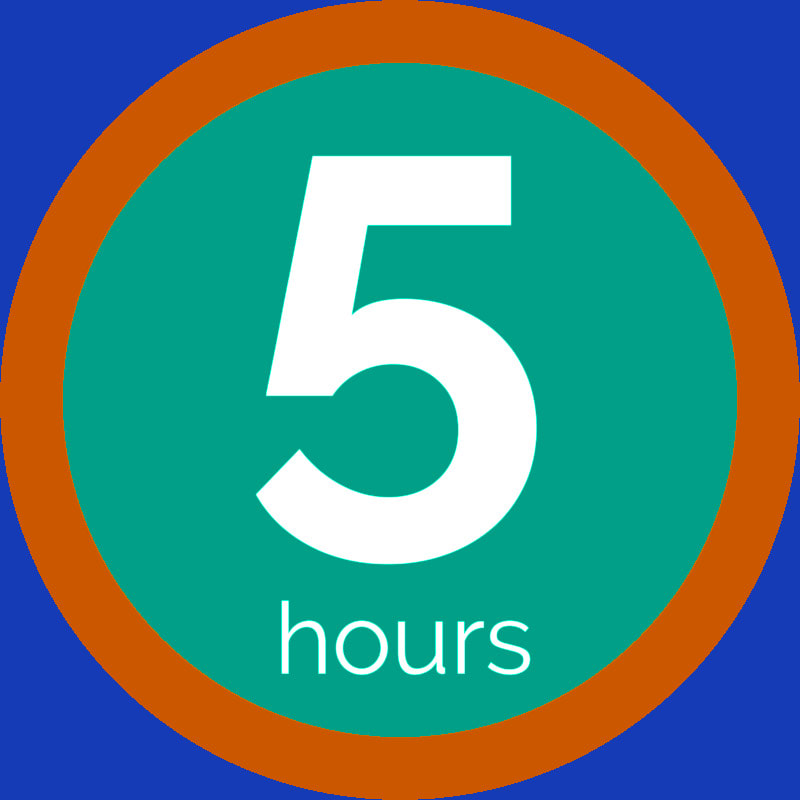
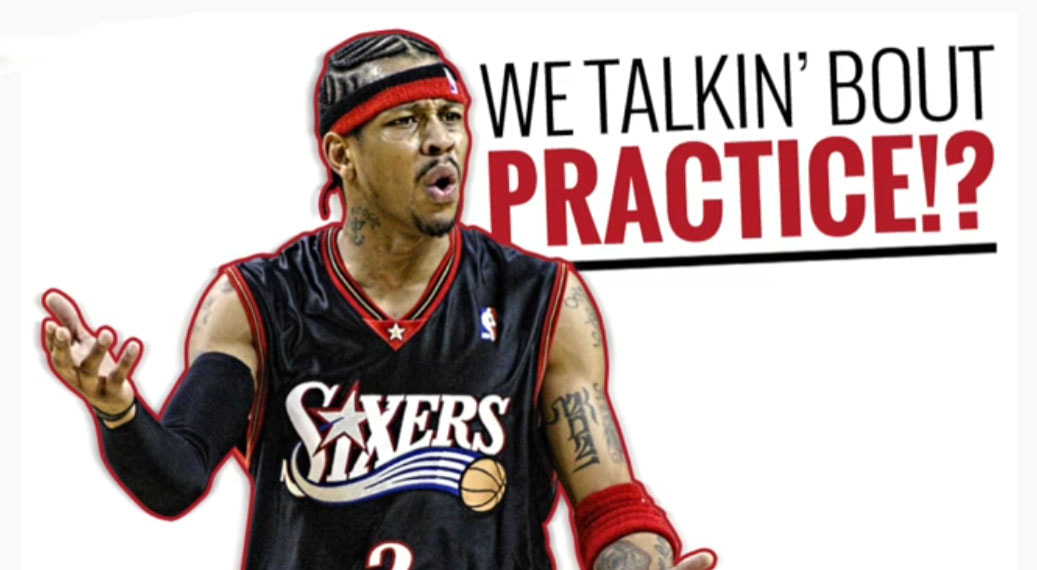

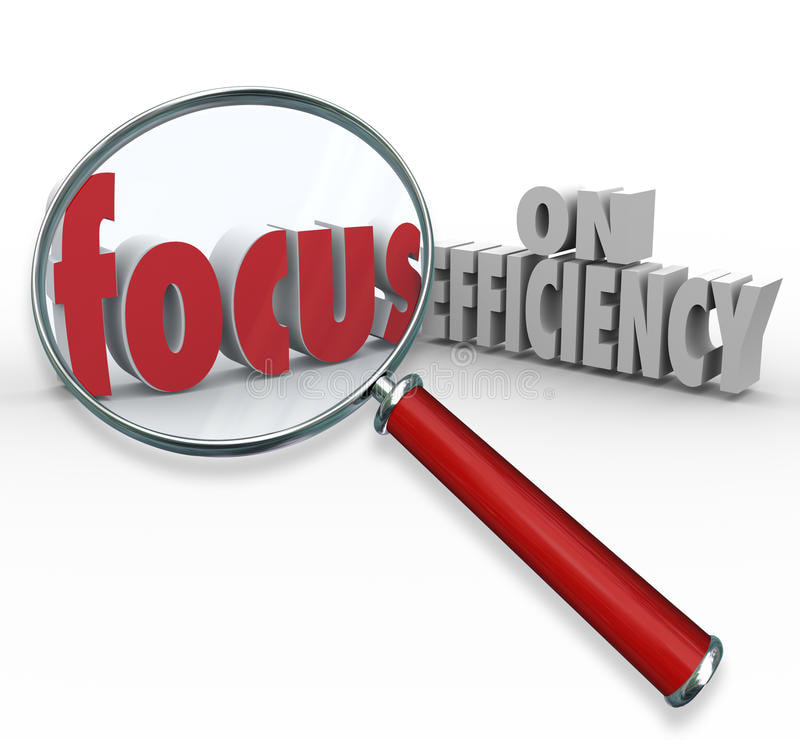
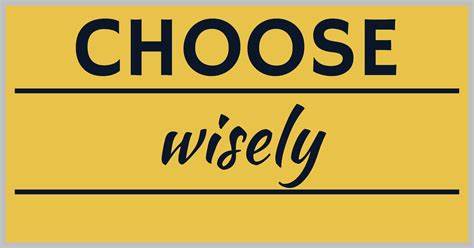

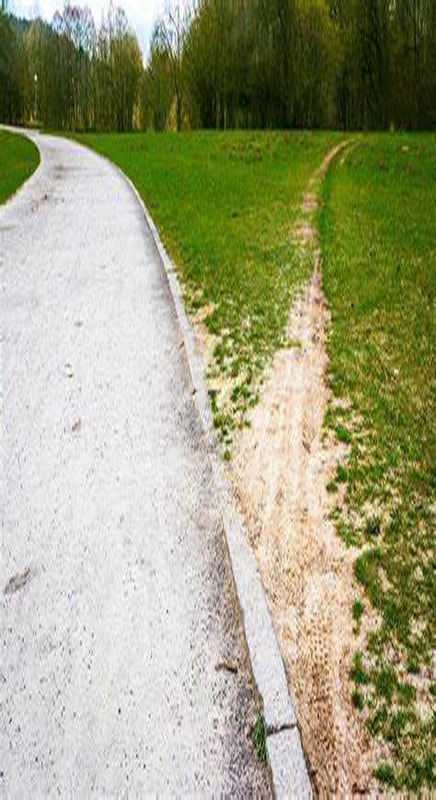
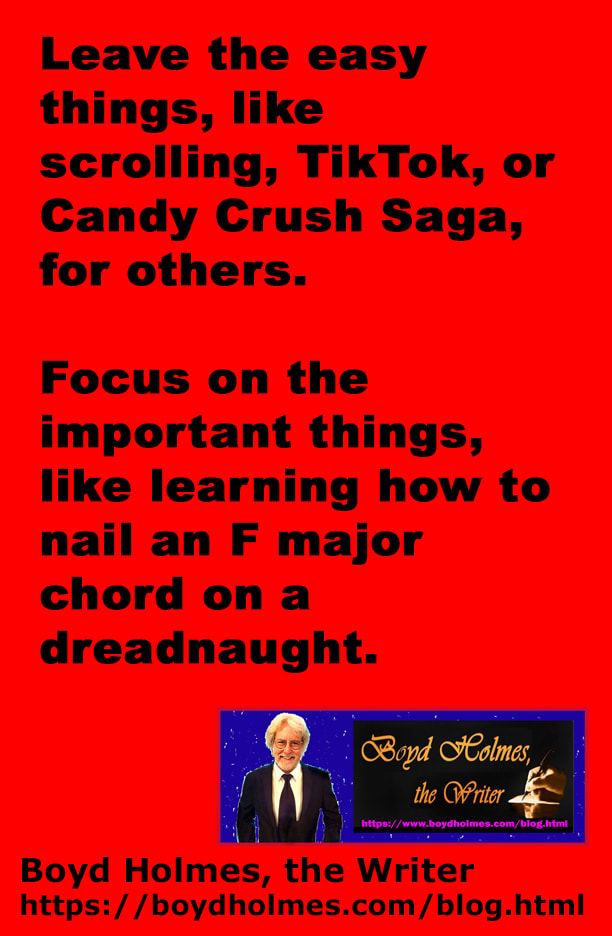
 RSS Feed
RSS Feed